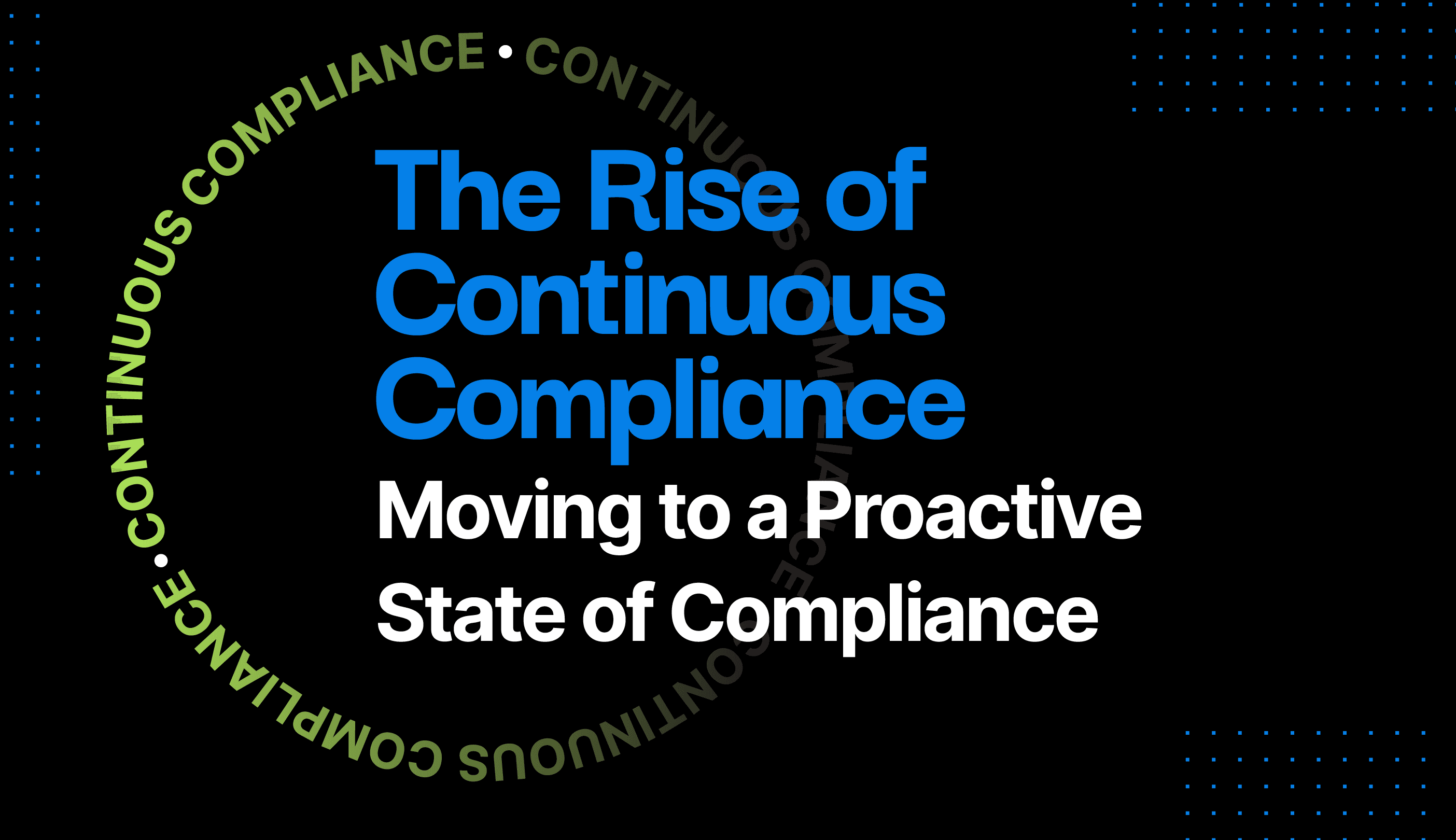Not Everyone is Keen on Artificial Intelligence: Why Some Businesses are Skeptical
We explored why businesses hesitate to adopt AI, citing skepticism, budget limits, and lack of expertise as key barriers to AI growth.
When a California doctor asked state Assemblymember Rebecca Bauer-Kahan to sign a form allowing AI to transcribe her child's medical visit, she refused. Her concern? Intimate medical conversations are being shared with for-profit tech companies, according to an October 2024 Associated Press investigation. Her hesitation reflects a growing tension across industries as artificial intelligence transforms business operations.
While AI adoption has nearly doubled in the past year, with 65% of organizations regularly using the technology, according to McKinsey's 2024 global survey, significant sectors of the economy have reservations. Healthcare providers are concerned about AI "hallucinating" medical information, small businesses lack resources for AI implementation, and creative industries are fighting copyright infringement. We explored the hesitations that stem from a complex mix of technical limitations, ethical concerns, and regulatory uncertainties that could widen the gap between AI adopters and holdouts.
Different Industries, a Variety of Concerns
When University of Michigan researchers examined an AI transcription tool used in 40 health systems nationwide, they discovered "hallucinations"—outputs from an AI tool that are inaccurate or illogical—in 4 in 5 transcriptions reviewed, according to the AP investigation.
"Nobody wants a misdiagnosis," Alondra Nelson, former head of the White House Office of Science and Technology Policy, told the AP. The concerns are widespread—3 out of 5 Americans say they would feel uncomfortable if their healthcare provider relied on AI to diagnose illnesses and recommend treatments, according to a Pew Research Center poll conducted in December 2022.
Similar hesitation emerges in creative industries, where copyright concerns loom large. More than a dozen copyright lawsuits about AI were filed in 2023 alone, according to a 2024 article published in Issues in Science and Technology. "For many artists and designers, this feels like an existential threat," the authors noted. "Their work is being used to train AI systems, which can then create images and texts that replicate their artistic style."
The scale of potential infringement alarms many creators. One popular AI image generator, Stable Diffusion, trained on nearly 6 billion images "scraped from the internet indiscriminately," including substantial copyrighted material, according to an April 2023 Harvard Business Review analysis. Companies using AI-generated content could face damages up to $150,000 per instance of willful copyright infringement.
Small businesses face different challenges, particularly around expertise and resources. A 2024 report by the U.S. Chamber of Commerce Technology Engagement Center and Teneo Research found that among those businesses not yet using AI, nearly a third said one reason was that they didn't know enough about the technology, while a quarter said they had compliance concerns.
The talent and resource gap between large and small organizations continues to widen. While major financial firms employ hundreds of staff for AI development, smaller institutions "do not have the IT resources or expertise to develop their own AI models," according to a 2024 analysis by the Treasury Department. Securities and Exchange Commission chair Gary Gensler warned in February 2024 about over-reliance on a few AI models, noting this concentration could lead to "herding and network interconnectedness," problems that typically trigger financial crises.
The National Institute of Standards and Technology's 2024 risk management framework said that AI systems are vulnerable to cyberattacks, which could compromise sensitive business data. These security risks are challenging for organizations lacking sufficient IT resources, which frequently are smaller ones.
The Treasury Department noted that these smaller institutions often rely on outside companies for AI tools. Larger institutions that develop tools in-house have more control over the building, testing, and monitoring of the systems to meet their specific needs and work reliably.
The Department of State's July 2024 Risk Management Profile warned that AI systems could amplify existing inequities when organizations lack resources for proper oversight. The report suggested that without coordination among various regulators, these technologies risk worsening "discrimination and existing socio-economic inequalities."
It also noted that AI systems can be applied in ways that unintentionally infringe on human rights through biased or inaccurate outputs from AI models. The report found that AI's misuse can have detrimental impacts across sectors, including finance, welfare, health care, and education, potentially reinforcing bias and discrimination.
Despite these challenges, some see room for cautious optimism. The Chamber of Commerce and Teneo study revealed that 91% of small businesses surveyed are optimistic AI will help their business grow, with 89% saying AI has helped them enjoy managing their business and 86% saying it has made their business operations more efficient.
As AI adoption accelerates, with McKinsey reporting in May 2024 that 67% of organizations plan to increase investment over the next three years, the divide between early adopters and hesitant organizations will reshape entire industries.





